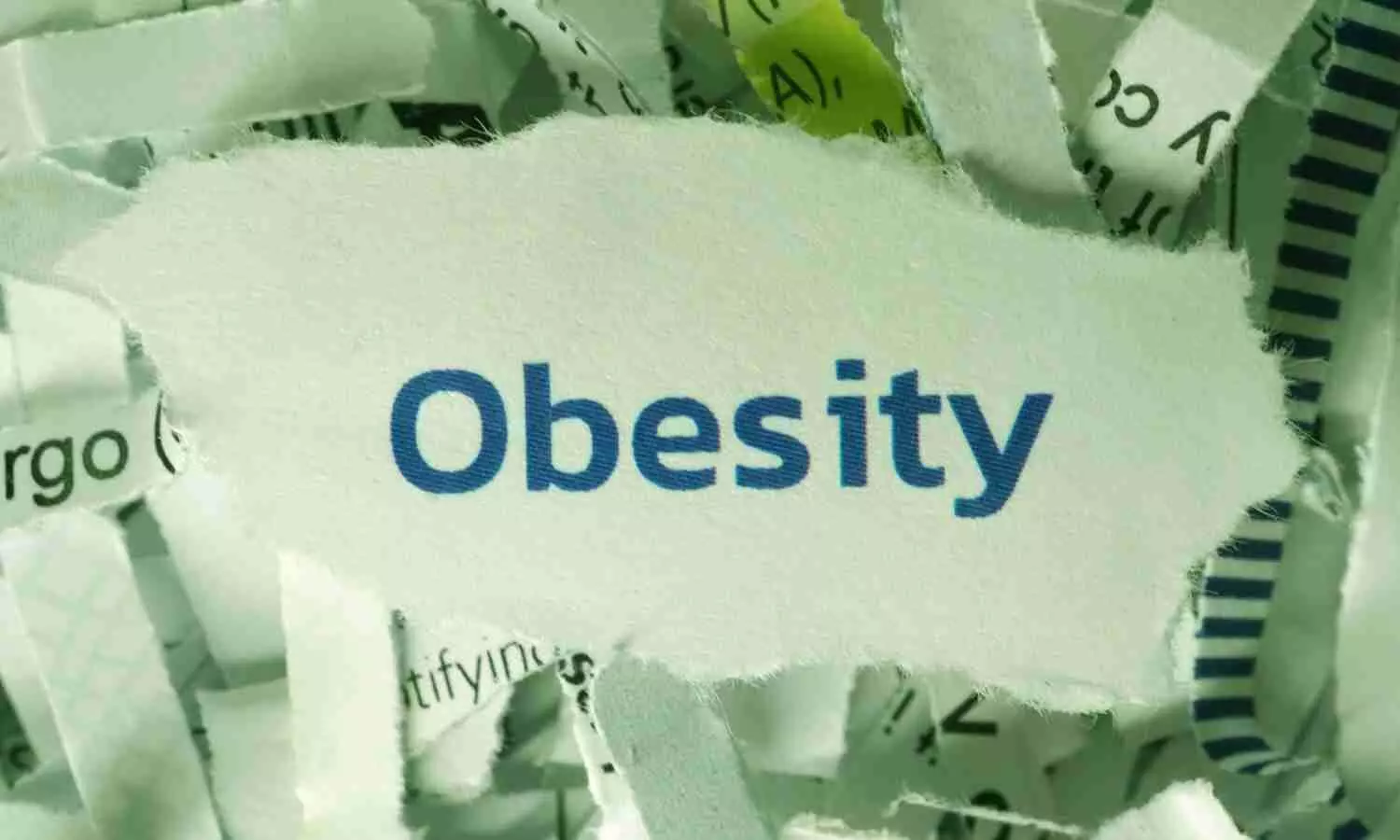Financial incentives may improve outcomes of dietary intervention among adolescents with severe obesity: JAMA

Researchers have found that combining financial incentives (FIs) with meal replacement therapy (MRT) significantly improves weight loss outcomes in adolescents with severe obesity. A recent study was published in the journal JAMA Pediatrics by Amy C. Gross and colleagues. This randomized clinical trial, conducted at a large academic health center in the Midwest from 2018 to 2022, aimed to evaluate the impact of FIs on BMI reduction, body fat, and cardiometabolic risk factors.
Adolescent severe obesity is notoriously difficult to treat with traditional lifestyle modification therapies. MRT has shown short-term efficacy for BMI reduction, but sustaining these outcomes over the long term remains challenging. Introducing FIs as an adjunct intervention could potentially enhance adherence to healthy behaviors and improve long-term efficacy.
The study involved 126 adolescents aged 13 to 17 years with severe obesity, defined as ≥120% of the 95th BMI percentile or a BMI ≥35. Participants were randomized to receive either MRT alone or MRT plus FIs. The MRT included preportioned, calorie-controlled meals (~1200 kcals/day). The FI group received incentives based on their weight reduction from baseline. The primary endpoint was the mean percentage change in BMI from randomization to 52 weeks. Secondary endpoints included changes in total body fat, blood pressure, triglyceride to high-density lipoprotein ratio, heart rate variability, and arterial stiffness. Cost-effectiveness and safety, particularly concerning unhealthy weight-control behaviors, were also assessed.
-
Among the participants (73 females [57.9%]; mean [SD] age, 15.3 [1.2] years), 63 received MRT plus FIs, and 63 received only MRT.
-
After 52 weeks, the MRT plus FI group experienced a significantly greater mean BMI reduction of −5.9 percentage points (95% CI, −9.9 to −1.9 percentage points; P = .004) compared to the MRT group.
-
The MRT plus FI group saw a mean total body fat mass reduction of −4.8 kg (95% CI, −9.1 to −0.6 kg; P = .03).
-
There were no significant differences between the groups in cardiometabolic risk factors or unhealthy weight-control behaviors.
-
The intervention was also found to be cost-effective, with an incremental cost-effectiveness ratio of $39,178 per quality-adjusted life year.
The study indicates that adding FIs to MRT enhances weight loss outcomes in adolescents with severe obesity. The greater reductions in BMI and total body fat in the FI group suggest that financial incentives may improve adherence to dietary interventions and promote sustained healthy behaviors. Importantly, the study did not observe any increase in unhealthy weight-control behaviors, addressing a common concern regarding incentive-based interventions.
This study demonstrates that integrating financial incentives with meal replacement therapy significantly enhances BMI and body fat reduction in adolescents with severe obesity, without promoting unhealthy weight-control behaviors. These findings suggest that FIs could be a valuable tool in obesity management, promoting better adherence to treatment and improving health outcomes.
Reference:
Gross, A. C., Freese, R. L., Bensignor, M. O., Bomberg, E. M., Dengel, D. R., Fox, C. K., Rudser, K. D., Ryder, J. R., Bramante, C. T., Raatz, S., Lim, F., Hur, C., & Kelly, A. S. (2024). Financial incentives and treatment Outcomes in adolescents with severe obesity: A randomized clinical trial. JAMA Pediatrics. https://doi.org/10.1001/jamapediatrics.2024.1701



